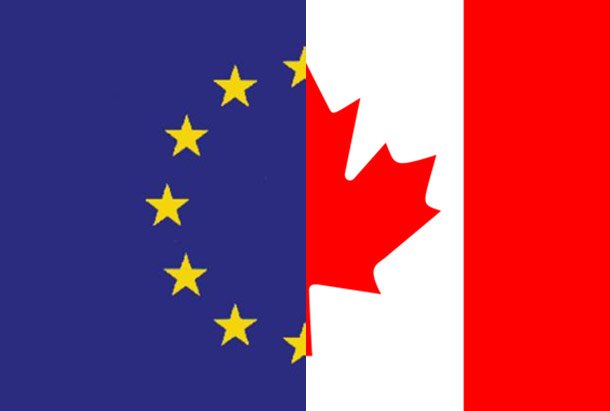ECJ ruling may spell the end for 200 investment deals between EU Members

March 7th, 2018
A landmark European Court of Justice ruling has found the investor-state dispute settlement system in a treaty between Slovakia and the Netherlands incompatible with EU law.
The ruling could now impact around 200 other Bilateral Investment Treaty (BIT) agreements between EU Member States which also contain the investor-state dispute settlement (ISDS) mechanism.
ISDS is special arbitration mechanism outside of both national and EU court systems through which investor companies can sue sovereign Governments where their actions are deemed to impact on profitability or expectations of profit.
In its ruling, the ECJ found that the ISDS mechanism cannot be classified as a court or tribunal of a Member State under the EU Treaties, and, as such, is not capable of ensuring that disputes will be decided by a court within the EU’s judicial system.
The Court, therefore, concluded that the arbitration clause in the Dutch-Slovak BIT has an adverse effect on the autonomy of EU law, and is therefore not compatible with EU law.
BIT agreements, the majority of which are between the longest-serving EU member states and newer Eastern European members, have long been opposed by the European Commission.
The Commission brought legal proceedings against five EU countries in 2015 for not terminating their intra-EU BITs. These proceedings were on hold pending the results of this case.

European Court of Justice – Luxembourg Photo: Cédric Puisney
The Achmea Case
The Achmea case relates to a dispute between Slovakia and the Dutch company Achmea over Slovak health care reforms. Achmea entered the Slovak insurance market in 1997 and expanded to the health insurance market in 2006 following the opening up of this market to private investors in 2004.
In 2006, however, the Slovak government partly reversed the liberalisation of its health insurance market and prohibited the distribution of profits generated by medical insurance activities.
Achmea then brought a claim before an ISDS tribunal, arguing that the Slovak government’s decision ran contrary to the BIT agreement and had caused it financial damage.
The tribunal ruled against Slovakia and ordered it to pay Achmea a little over €22 million in damages. The Slovak Government refused to pay, however, and brought an action before the German courts as the tribunal was held in Frankfurt.
Slovenia’s legal team argued that the arbitration clause in the BIT was contrary to several provisions of the EU Treaties. The German Federal Court of Justice then asked the European Court of Justice to determine if the ISDS mechanism is compatible with the EU Treaties.
The ECJ ruling does not decide the dispute itself and it is now for the national court or tribunal to dispose of the case in line with the Court’s decision. The decision, however, will also be binding on other national courts or tribunals before which a similar issue is raised.
The ‘Beginning of the End’ of ISDS
According to Laurens Ankersmit, a lawyer with the NGO, ClientEarth, the ECJ’s decision “marks the beginning of the end” of the ISDS system in Europe.
“ISDS is not only an unwelcome tool that allows multinational corporations to put pressure on public interest decision-making, it is also incompatible with EU law,” he added.
He warned that if EU countries do not take steps to start the process of terminating their investment agreements containing ISDS, Client Earth will study their options to “bring ISDS to justice”.
He added that the judgement is also a “hopeful sign” in the case over the EU-Canada trade deal (CETA), which is also under scrutiny by the ECJ following a request from the Belgian government.

CETA
Last September, Belgium’s Deputy Prime Minister, Didier Reynders, requested that the ECJ provide an opinion on the compatibility of CETA’s dispute settlement mechanism with the European Treaties.
A number of expert bodies such as the European Association of Judges have also highlighted concerns about the legality of mechanism, which it says would fall outside of the European legal system.
CETA provisionally entered into force in September 2017, although, the investment court system is excluded from this process and can only enter into force following ratification from the 40-odd national and regional parliaments across EU member states.
[x_author title=”About the Author”]







